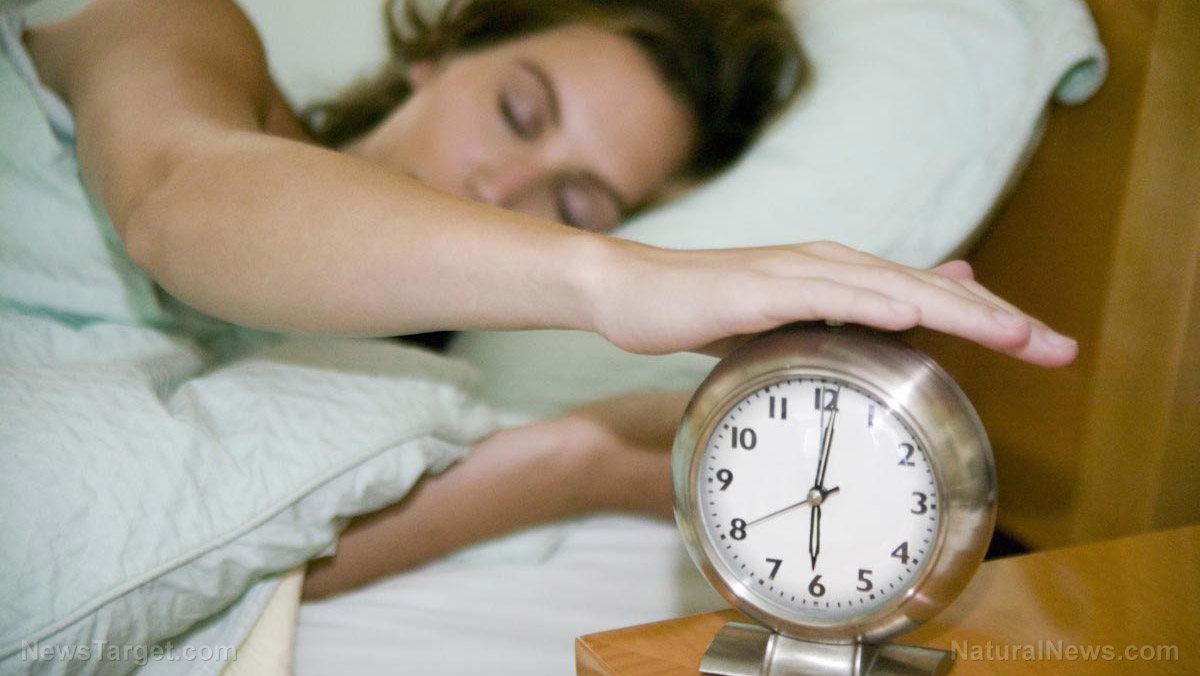Targeted memory procedures achieve more successful reactivation results when an undisturbed, silent plasticity period is included for memory consolidation
04/10/2018 / By Michelle Simmons

A study published in the journal Sleep Spindles & Cortical Up States has indicated that targeted memory reactivation (TMR) leads to more successful outcomes in memory reactivation after sleep if an undisturbed, “silent plasticity period” is included for memory consolidation.
- Researchers from the Université libre de Bruxelles in Belgium examined verbatim or interfering auditory presentation of materials learned during wakefulness or non-rapid eye movement (NREM) sleep and how it affects memory consolidation.
- The study involved 96 participants who studied a list of 40 word pairs presented both visually and aurally.
- The first word of 20 of the pairs was aurally presented, then followed by its correct or incorrect association during a consolidation interval of 90 minutes spent either awake or asleep.
- The researchers then examined the memory for all pairs.
- Participants in the wake conditions showed improvement in their memory after verbatim cueing; however, their memory was impaired after the presentation of an incorrect association, when compared with uncued word pairs.
- Participants in the nap conditions, the targeted memory reactivation or sleep did not affect their memory consolidation.
- Time-frequency assessments suggested that increased spindle-related sigma activity succeeds the presentation of the first word during NREM sleep. This indicates that reactivation of the related memory content was instigated.
- On the other hand, presenting the second word right away, either correct or incorrect, resulted in the elimination of sigma activity.
- The researchers found that to have a successful memory reactivation during sleep, a sensitive silent plasticity period is needed after the presentation of learning-related cues during sleep.
In conclusion, the findings of the study indicate that a silent undisturbed period during cueing is important for enhancing memory.
For the full text of the study, go to this link.
Journal Reference:
Farthouat J, Gilson M, Peigneux P. NEW EVIDENCE FOR THE NECESSITY OF A SILENT PLASTIC PERIOD DURING SLEEP FOR A MEMORY BENEFIT OF TARGETED MEMORY REACTIVATION. Sleep Spindles & Cortical Up States. 2016;1(1):14–26. DOI: 10.1556/2053.1.2016.002
Tagged Under: memory, memory consolidation, non-rapid eye movement sleep, NREM sleep, plastic period, sleep, targeted memory reactivation




















